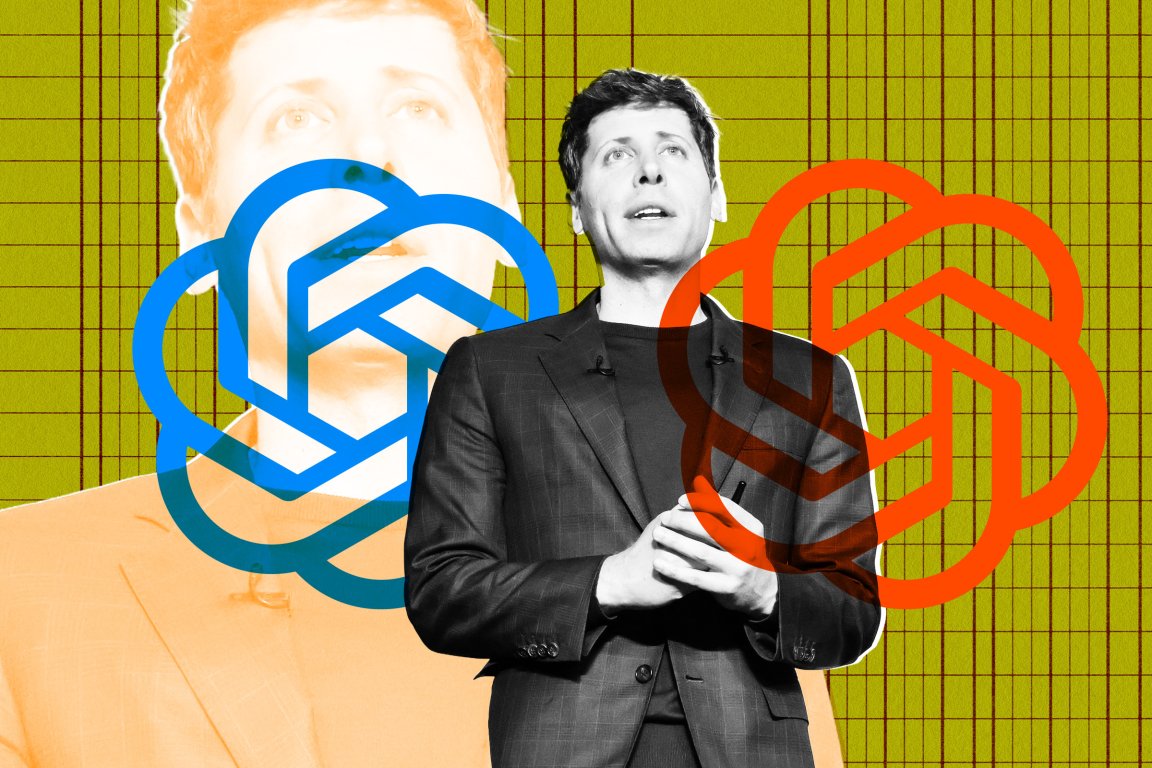
OpenAI’s extraordinary private valuation of $500 billion simply wasn’t enough.
After completing its restructuring into a for-profit corporate entity this week, Reuters reports that OpenAI is already setting plans into motion to become a publicly traded company.
The move will almost certainly skyrocket the ChatGPT maker’s already colossal touted value. Three people familiar with the matter told the outlet that the Sam Altman-led company is preparing for an initial public offering that could push its worth as high as $1 trillion — showing that it expects to have one of the biggest IPOs of all time.
And it’s aiming to do it fast. Reuters sources said that OpenAI is considering filing with securities regulators as soon as the second half of 2026, while its chief financial officer Sarah Friar has reportedly told associates that the goal is to be listed by 2027.
Keeping to the company’s putative mission of building an all-powerful “artificial general intelligence” for the benefit of humankind — an alibi that’s becoming less and less credible with each passing week — an OpenAI spokesperson claimed that going public isn’t its main priority.
“An IPO is not our focus, so we could not possibly have set a date,” the spokesperson told Reuters. “We are building a durable business and advancing our mission so everyone benefits from AGI.”
OpenAI completed the restructuring of its for-profit arm into a public benefit corporation earlier this week, bringing to an end a year-and-a-half saga marked by legal disputes with cofounder Elon Musk, who left the company in 2018 and has feuded with Altman ever since, and strained negotiations with Microsoft, which owns a large stake in OpenAI and has been its most important benefactor.
That OpenAI is going public is no surprise — it’s one of the main advantages afforded by its conversion into a public benefit corporation, which is just a for-profit corporation with a nominal commitment to bettering society. But the speed with which it’s pursuing these plans and the incredible valuation it’s considering for the IPO illustrate the company’s urgency for getting cash. It has struggled to monetize its AI products, and is investing hundreds of billions of dollars to expand its data center empire.
Reuters‘ sources said that OpenAI has looked at raising $60 billion at the low end from the IPO, which would be over twice the most amount of capital raised from any IPO in history. With its successful conversion into a for-profit corporation, it also expects to receive the full $30 billion investment pledged by Japanese conglomerate SoftBank, which had threatened to withhold at least $10 billion if OpenAI didn’t complete the restructuring.
Technically, OpenAI is still controlled by its nonprofit arm, which now owns 26 percent of the public benefit corporation, an amount equal to some $100 billion. But with such a large stake, its success is now significantly tied to its for-profit corporation making as much money as possible, which would seem to be in conflict with OpenAI’s original altruist mission of benefiting humanity as a whole. Arguably, though, it’s been clear for a while now that that ship has sailed.
All that being said, IPOs don’t always go according to plan. OpenAI can say it’s worth a trillion dollars, but garner investments that don’t reflect it. Whether the ludicrous hype cycle the AI industry is currently profiting from will still be holding strong when OpenAI goes public is anyone’s guess.
More on OpenAI: Former OpenAI Insider Says It’s Failed Its Users